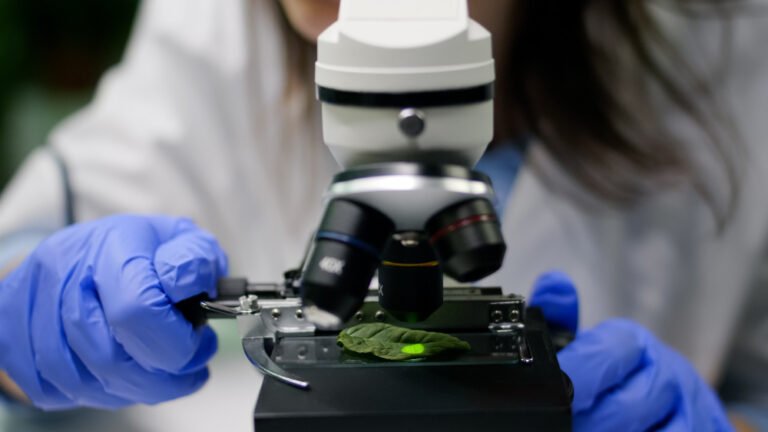Navigating Sarcoidosis: Unraveling the Mysteries of a Multisystem Disorder.
Sarcoidosis, a complex and enigmatic disease, stands as a medical puzzle affecting various organs and systems in the body. This inflammatory condition is characterized by the formation of granulomas—small clusters of inflammatory cells—causing a range of symptoms and complications. In this article, we will delve into the intricacies of sarcoidosis, exploring its causes, symptoms, diagnosis, and treatment options, shedding light on a condition that often eludes easy understanding.
To Know More About It Please Click Here
Understanding Sarcoidosis
- Granuloma Formation:
- Sarcoidosis is defined by the development of granulomas, which are small, abnormal clumps of immune cells. These granulomas can form in different organs, most commonly the lungs and lymph nodes.
- Multisystem Impact:
- Sarcoidosis is a multisystem disorder, meaning it can affect various organs, including the lungs, skin, eyes, heart, and nervous system. The severity and location of granulomas vary from person to person.
- Autoimmune Nature:
- Although the exact cause of sarcoidosis remains unclear, it is believed to have an autoimmune component, where the immune system mistakenly attacks healthy tissues, leading to inflammation and granuloma formation.
Symptoms
- Respiratory Symptoms:
- Persistent cough, shortness of breath, and chest pain are common respiratory symptoms associated with sarcoidosis.
- Skin Manifestations:
- Skin rashes, nodules, or discoloration may occur, often visible on the face, arms, or legs.
- Ocular Involvement:
- Sarcoidosis can affect the eyes, causing redness, blurred vision, or even more severe complications like uveitis.
- Fatigue and General Discomfort:
- Many individuals with sarcoidosis experience fatigue, fever, and a general feeling of malaise.
Diagnosis
- Clinical Evaluation:
- A thorough medical history and physical examination are crucial in the diagnostic process. Symptoms, coupled with an assessment of organ involvement, guide further investigations.
- Imaging Studies:
- X-rays, CT scans, or MRI scans are employed to visualize the affected organs and identify the presence of granulomas.
- Biopsy:
- A definitive diagnosis often requires a biopsy, where a small tissue sample is taken from an affected organ to examine the characteristic granulomas.
- Laboratory Tests:
- Blood tests may be conducted to assess inflammation markers and rule out other potential causes of symptoms.
Treatment
- Corticosteroids:
- Prednisone, a corticosteroid, is commonly prescribed to reduce inflammation and suppress the immune response. The dosage is gradually tapered based on the patient’s response.
- Immunosuppressive Medications:
- In cases where corticosteroids are ineffective or produce undesirable side effects, immunosuppressive drugs may be prescribed to modulate the immune system.
- Monitoring and Supportive Care:
- Regular monitoring of symptoms, organ function, and potential side effects of medications is essential. Supportive care measures address specific symptoms, such as pain relief or oxygen therapy for respiratory issues.
- Biological Therapies:
- In some cases, newer biological therapies targeting specific immune pathways may be considered for individuals who do not respond to conventional treatments.
Conclusion
Sarcoidosis, with its varied manifestations and unpredictable course, presents both challenges and opportunities for medical professionals and patients alike. Ongoing research aims to unravel the complexities of this mysterious disease, leading to improved diagnostic techniques and treatment options. While sarcoidosis may pose significant hurdles, a comprehensive approach to its management, including medical treatment, support, and regular monitoring, can help individuals lead fulfilling lives despite the challenges posed by this multisystem disorder.
Plz visit or https://delhichestspecialist.com/you can check our social media accounts, Facebook,Twitter








